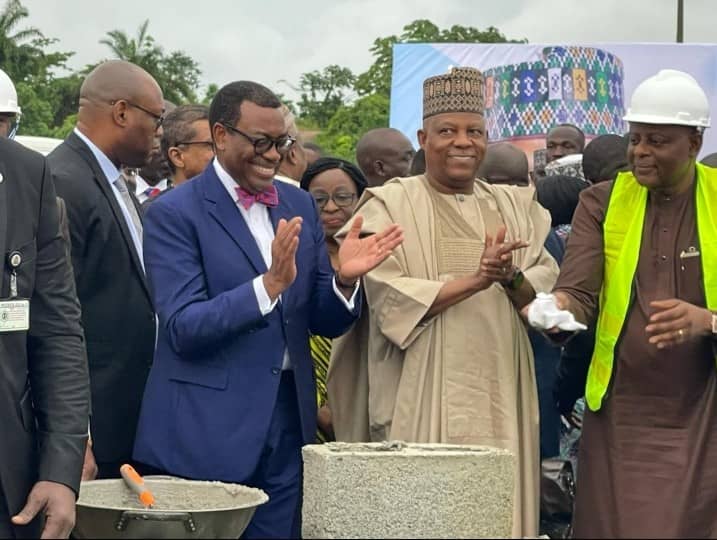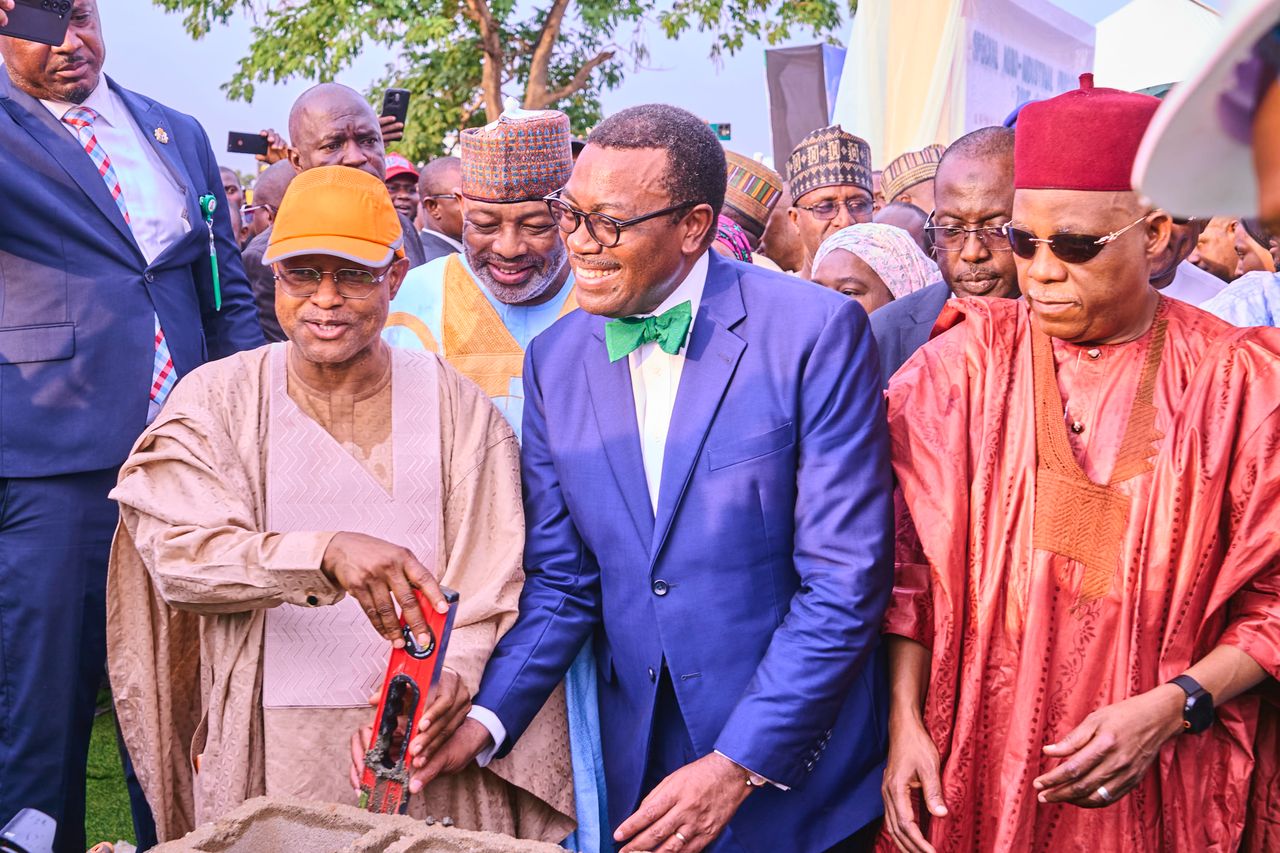Implementing SAPZs ‘ll create jobs, slash imports, boost naira — Adesina
By Lucy Ogalue Dr Akinwumi Adesina, the African Development Bank’s President, says implementation of the Special Agro-Industrial Processing Zones (SAPZs) in Nigeria will reduce food imports, strengthen the Naira, and generate millions of jobs. Adesina stated this on Thursday in Calabar, Cross River, at the groundbreaking of the SAPZ projectContinue Reading
















